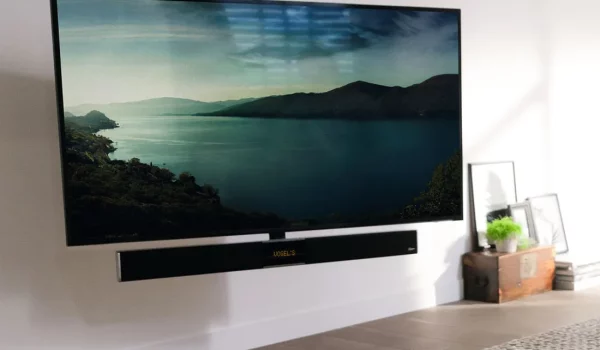Universal charger in the EU
The Radio Equipment Directive 2014/53/EU (RED) establishes a regulatory framework for the placing of radio equipment on the market. It ensures an internal market for radio equipment by establishing essential requirements for safety and health, electromagnetic compatibility and the efficient use of radio spectrum. In light of this directive, the universal charger solution promotes the use of common chargers for mobile phones and other portable electronic devices.
The ‘general charging requirements’ will apply to all portable mobile phones, tablets, digital cameras, headphones, headsets, portable speakers, portable video game consoles, e-readers, earbuds, keyboards, mice and portable navigation systems from 2024. These requirements will also apply to laptops from 2026. Such transition periods will give the industry sufficient time to adapt before the directive becomes applicable. The main elements are as follows.
This solution was proposed because of the following. In 2020, EU consumers purchased around 420 million electronic devices and on average own three chargers to charge these electronic devices – two of which they regularly use. Despite this, 38% of consumers report experiencing problems charging their devices because a compatible charger was not available. To address these problems, the European Commission made this proposal on September 23, 2021.
Other relevant publications
Re-use of soundbars
How feasible is it to give soundbars a second life? Commissioned by Stichting OPEN, Second Use investigated the re-use potential of four soundbar models, revealing insights into repairability, consumer interest, and key barriers.
Re-use of cordless vacuum cleaners
The re-use of cordless vacuum cleaners presents interesting opportunities, but battery replacement costs pose a significant challenge. This study, conducted by Second Use on behalf of Stichting OPEN, examines the feasibility of refurbishment and identifies key improvements to extend the lifespan of these appliances.







